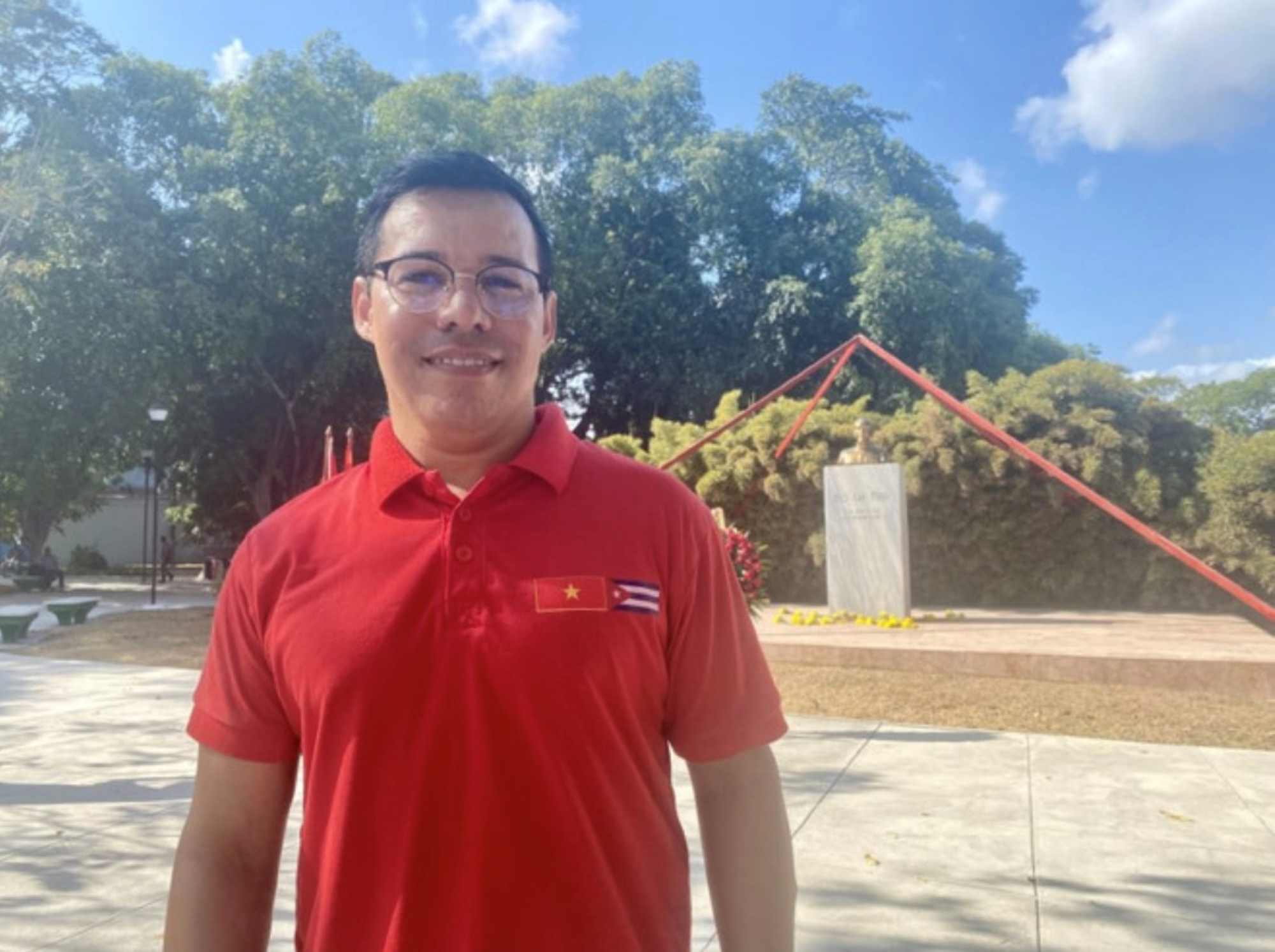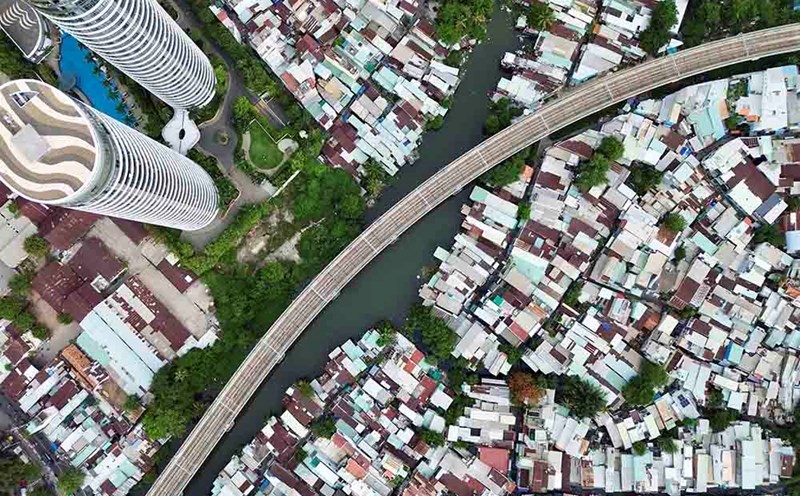From the perspective of international journalists, President Ho Chi Minh is not only a great leader of Vietnam, but also a resilient revolutionary, an outstanding international activist, and a shining example of morality.
The Soviet magazine "Little Fire" issued on December 23, 1923, pointed out: "Nguyen Ai Quoc... is spreading something so polite and delicate. From Nguyen Ai Quoc, a culture has been issued, not European culture, but perhaps a future culture... Through the noble demeanor, in the warm voice of Nguyen Ai Quoc, we feel like we are hearing tomorrow, as if we are seeing the immense silence of friendship and love throughout the world".
The French weekly "This Paris" published on June 18, 1946 emphasized: "The President of Vietnam is a very simple person. Every year he only wears a lot of baguette and when his colleagues around him pay attention and tell him that with his status today, he sometimes has to wear it solemnly, he just smiles and replies: "We think we are valued for wearing beautiful clothes, while so many of our compatriots are in the cold in the city and the countryside?".
Akahata - the mouthpiece of the Central Communist Party of the Japanese Communist Party - the number released on May 5, 1969 has the paragraph: “The surprising thing is when the meeting of the Communist Party and workers in Moscow is full of snow with such costumes, still with the proper high sandals into the Kremlin electricity, completely like a simple Vietnamese farmer ... The above things make me really understand why the South Vietnamese is more than 30 million people in the South of Vietnam in the South of Vietnam. Venerable, reliable and infinite love ”.
President Ho Chi Minh's ideology continues to spread strongly in modern times. In sharing in 2024 with VNA, Dr. Ruvislei Gonzalez saez, Vice President of the Cuba - Vietnam Friendship Association, greatly admired Uncle Ho, especially impressed with his simple, humble and approachable demeanor. According to the Doctor, His humanistic ideology and remarkable progress not only live forever in the hearts of millions of Vietnamese people "but also go beyond the borders of Vietnam and have a great influence on all of humanity".

From the perspective of Western scholars, British historical scholar John Callow commented that it is difficult to imagine the cause of national liberation or the path of independence of Vietnam without the presence and personal mark of President Ho Chi Minh.
He especially noted that adaptability is one of the "secrets" behind the greatness of Ho Chi Minh's Thought. People are always aware of learning new and positive things from the West to elevate Vietnamese culture while still preserving traditional identity.
Most recently, during a friendly meeting in the capital city of Brazil in Brazil in April 2025, General Secretary of the Brazil - Vietnam Friendship Association (ABRAVIET) Pedro de Oliveira shared his deep views on Ho Chi Minh's Thought - the person he called "the spiritual and revolutionary light of the 20th century".
According to him, President Ho Chi Minh is the embodiment of the harmonious combination of the East and the West, between tradition and revolution. Man has overcome seemingly impossible limits to connect humanity with compassion, intelligence and the desire for freedom.
Talking about President Ho Chi Minh, if the international researchers praise the hero of national liberation, the outstanding cultural house of Vietnam, the ordinary people never forget the emotional memories when they met Uncle Ho with infinite love. According to the Vietnam News Agency, when I recalled the memories of the meeting and was asked by Uncle Ho when the person who went to the airport welcomed Soviet Marshal Kliment Yefremovich Voroshilov to visit Vietnam in 1957, Ms. Vuong Phong - the daughter of the late journalist Vuong Duy Chan, former Head of Tan Hoa Commune (China) in Hanoi - re -recovering and touching. "National hero, great, noble, simple, gray -haired beard, gentle eyes" are words that have been imprinted in the mind of the Chinese "girl" now over 70 years old.
"Uncle Ho saw me and pulled me out of the welcome line. Uncle Hien Tu, gently and talked to me intimately like the man who talked to him. After that, he asked me," Do you like Vietnam? "I answered:" I really like it! " I have eaten rice. Hello comrade! "I laughed. She was moved to share: "Until now for me, I can never forget" the feeling of meeting the greatest hero of the Vietnamese nation.











